BLOG
EU Referendum: A Guide for the Under 30s
Jun 21 2016
Darren Best

 Image: Credit to virgin.com / student magazine
Image: Credit to virgin.com / student magazine
The Casting Vote for Britain’s Young Entrepreneurs
Small Businesses
In an article published on betteroffout.net, ‘a recent report recommended that small businesses should be made exempt “wherever possible” from EU law, owing to the discovery that EU regulations cost small business over €40 billion a year.’ With the publication of similar documents, alongside larger corporations collectively making their voices heard with a signed bill in favour of remaining in the EU; smaller businesses have realised the need to be more ‘bullish’ in asserting their stance in terms of the referendum, whether or not their decision is to leave or remain. “There were 5.4m private sector businesses operating in the UK at the start of 2015, according to the Department for Business, Innovation and Skills. Of these, 99.3pc were small businesses employing fewer than 50 employees. Total employment by SMEs stood at 15.6m in 2015, representing 60pc of all private sector employment in the UK. Combined annual turnover of SMEs was £1.8 trillion last year, representing 47pc of all private sector UK turnover.” It is therefore fair to assume that small businesses should be allowed to assert their opinion in regards to the EU refendum, and that is exactly what they have done. Since December 2015, Britain saw businesses sway from the vote to remain in favour of the Brexit vote.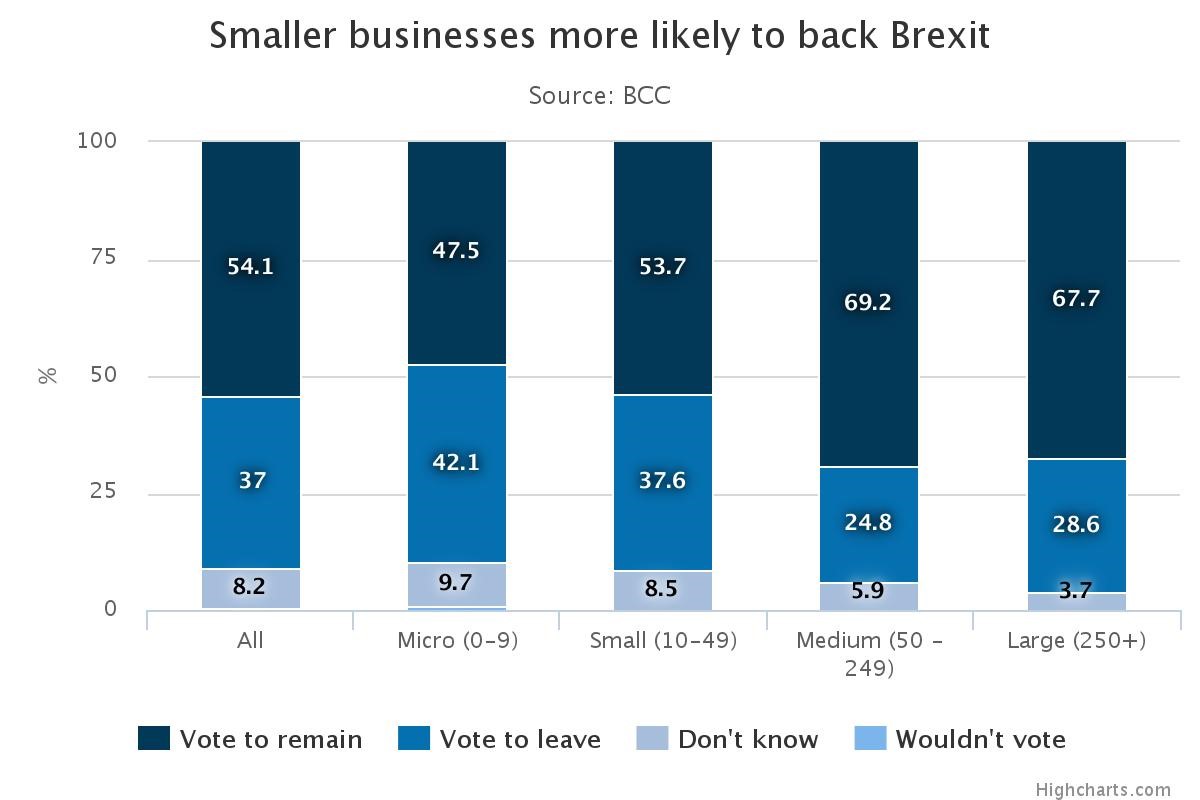 Image: Credit to BCC
Image: Credit to BCC
Larger Businesses
In an article published on the bbc.co.uk, “The majority of business people plan to vote for the UK to remain in the EU but the gap with those wanting to leave has narrowed, a survey suggests. The British Chambers of Commerce (BCC) said 54% of 2,200 members it surveyed in April said they would vote Remain, down from 60% in February's survey. In contrast, 37% said they would vote to leave, up from 30% two months ago. Almost all of those surveyed - 90% - said they were unlikely to change their opinion ahead of the 23 June vote.” Larger businesses, as noted by the Wall Street Journal, are perhaps more likely to vote to remain citing ‘among other matters uncertainty over issues such as regulation, trade and immigration that could envelope such businesses in the event of a “leave” vote.’ Some young voters, are admittedly a little more hesitant when asserting their political views – perhaps owing to others who dominate conversations and are unwilling to listen to an alternate perspective. Some have simply yet to experience how interesting politics can be. With the EU vote taking place in a matter of days, we have untangled the intricate web of voices and opinions, and have broken the EU referendum debate down into its core components.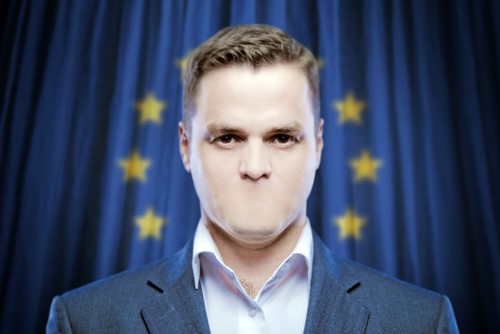 Image: Credit to Anton Watman / shutterstock.com
Image: Credit to Anton Watman / shutterstock.com
Who are the key figures?
Campaigning to remain in the European Union
Prime Minister David Cameron is leading the campaign to remain in the European Union. His key argument for remaining centres around the economic loss the country would suffer should voters choose to leave the European Union on 23rd June 16. The Independent, saw Cameron argue that, leaving could reap dire consequences for our country: “We will have less growth, we will have less jobs, we will have less livelihoods for people in our country. You don't gain money by leaving the EU. You make your economy smaller, you have fewer jobs, less tax revenues so therefore you have a big hole in your public finances.”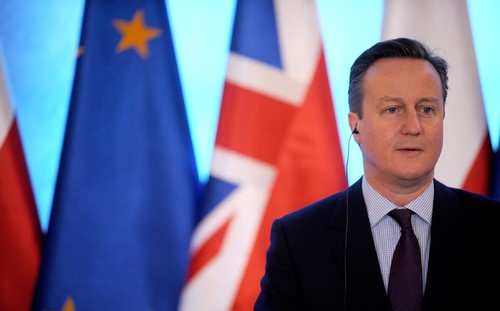 Image: Credit to MediaPictures.pl / shutterstock.com
Chancellor of the Exchequer George Osborne, was noted by itv.com/news/ to have said that, ‘remaining in the EU under Britain's renegotiated position would provide "the best of both worlds". Britain could get the benefits of free trade and the security of the EU without the costs of the eurozone and said a vote to leave was a "huge leap in the dark".’
Labour leader Jeremy Corbyn was quoted itv.com/news/ as having said that, his party remaining in the EU would "bring investment, jobs and protection for British workers and consumers". He also criticised Cameron's Brussels deal, saying it was "largely irrelevant to the problems most British people face" and a "missed opportunity to make the real changes we need" in Europe.
Liberal Democrat leader Tim Farron has remained a staunch advocate for remaining in the EU since discussions began.
Image: Credit to MediaPictures.pl / shutterstock.com
Chancellor of the Exchequer George Osborne, was noted by itv.com/news/ to have said that, ‘remaining in the EU under Britain's renegotiated position would provide "the best of both worlds". Britain could get the benefits of free trade and the security of the EU without the costs of the eurozone and said a vote to leave was a "huge leap in the dark".’
Labour leader Jeremy Corbyn was quoted itv.com/news/ as having said that, his party remaining in the EU would "bring investment, jobs and protection for British workers and consumers". He also criticised Cameron's Brussels deal, saying it was "largely irrelevant to the problems most British people face" and a "missed opportunity to make the real changes we need" in Europe.
Liberal Democrat leader Tim Farron has remained a staunch advocate for remaining in the EU since discussions began.
Eminent Business Figures
British billionaire and businessman, Richard Branson, was noted by the ibtimes.com to have warned that leaving the European Union would be "the worst decision the British public ever made". "The damage it will do to this country, the people who live in this country, will be enormous. Why create these barriers? Why create all this extra bureaucracy that's going to go into the nightmare of extra taxes, extra overheads... unnecessary. We've got a great market, let's make the best of it.”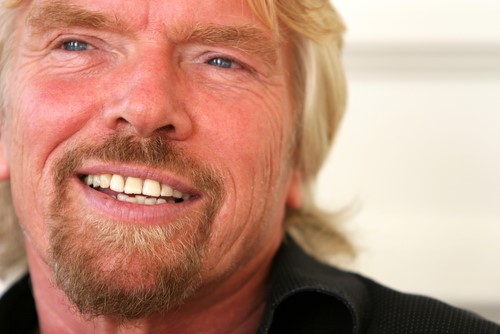 Image: Credit to Prometheus72 / shutterstock.com
Multi-billionaire businessman and the world’s wealthiest man, Bill Gates was quoted in the Irishexaminer.com to have claimed that, Britain would be a “significantly less attractive place to do business and invest” if it were to leave the EU.
As published in businessinsider.com, ‘almost 200 business leaders call for Brits to vote to stay in the European Union in the upcoming referendum on membership.
The signatories include executives at giants such as BP, Credit Suisse, BT, Vodafone, HSBC, Asda, Marks & Spencer, Airbus, AstraZeneca, BAE Systems, and Ryanair.’
Image: Credit to Prometheus72 / shutterstock.com
Multi-billionaire businessman and the world’s wealthiest man, Bill Gates was quoted in the Irishexaminer.com to have claimed that, Britain would be a “significantly less attractive place to do business and invest” if it were to leave the EU.
As published in businessinsider.com, ‘almost 200 business leaders call for Brits to vote to stay in the European Union in the upcoming referendum on membership.
The signatories include executives at giants such as BP, Credit Suisse, BT, Vodafone, HSBC, Asda, Marks & Spencer, Airbus, AstraZeneca, BAE Systems, and Ryanair.’
Figures campaigning to leave the European Union
London Mayor Boris Johnson has headed the campaign to leave the European Union. In the Telegraph.co.uk, Johnson voiced that remaining in the EU would offer “nothing.” And claimed it would bring, “no change, no improvement, no reform; nothing but the steady and miserable erosion of parliamentary democracy in this country.”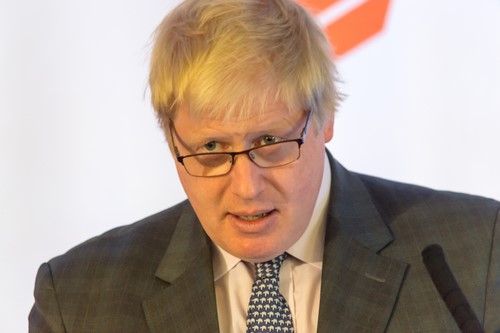 Image: Credit to Jacek Wojnarowski / shutterstock.com
Work and Pensions Secretary Iain Duncan Smith was noted by the ibtimes.com to claim that he believed leaving the EU would give Britain greater protection from Paris-style terror attacks saying:
“It would prove easier to protect Britain's borders and stop unwanted people entering the country if Britain was outside the EU. Whether or not it stops a terrorist attack I can't predict that at all, I can only say controlling your own borders gives you that greater capacity," he said.
UKIP leader Nigel Farage perhaps was one of the most obvious advocates for backing the Brexit campaign. True to form, as noted in the Express.co.uk; Farage, on verifying his unwavering support for Brexit commented, “I don’t believe in the flag, I don’t believe in the anthem and I don’t believe in all these various presidents who no one can name,” he said. “What is happening all over the world, every single year a new country has an independence day. The days of big, artificial blocs are gone.”
Image: Credit to Jacek Wojnarowski / shutterstock.com
Work and Pensions Secretary Iain Duncan Smith was noted by the ibtimes.com to claim that he believed leaving the EU would give Britain greater protection from Paris-style terror attacks saying:
“It would prove easier to protect Britain's borders and stop unwanted people entering the country if Britain was outside the EU. Whether or not it stops a terrorist attack I can't predict that at all, I can only say controlling your own borders gives you that greater capacity," he said.
UKIP leader Nigel Farage perhaps was one of the most obvious advocates for backing the Brexit campaign. True to form, as noted in the Express.co.uk; Farage, on verifying his unwavering support for Brexit commented, “I don’t believe in the flag, I don’t believe in the anthem and I don’t believe in all these various presidents who no one can name,” he said. “What is happening all over the world, every single year a new country has an independence day. The days of big, artificial blocs are gone.”
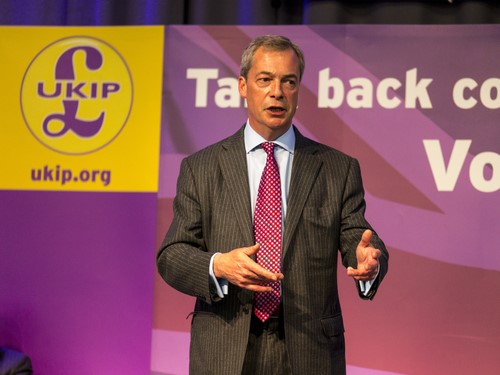 Image: Credit to david muscroft / shutterstock.com
Employment Minister Priti Patel was noted by itv.com/news/ to have said that, Britain's exit from the EU would see it become a "genuinely sovereign country" and reject the "unaccountable federalist European agenda".
Image: Credit to david muscroft / shutterstock.com
Employment Minister Priti Patel was noted by itv.com/news/ to have said that, Britain's exit from the EU would see it become a "genuinely sovereign country" and reject the "unaccountable federalist European agenda".
Eminent Business Figures
Dragons Den Star, Duncan Bannatyne, as noted on the Express.co.uk, tweeted to his followers on Twitter, "We must leave the EU... MUST. There are many many reasons but when I consider them all I know we are better off out of it."
Image: Credit to Featureflash Photo Agency / shutterstock.com
An article published on bbc.co.uk, listed some of the business leaders backing the Vote Leave campaign: • Emma Pullen, MD of the British Hovercraft Company • John Hoerner, former chief executive officer, Tesco Clothing UK and Central Europe • Luke Johnson, chairman of Patisserie Valerie • Jon Moulton, founder of Better Capital LLP • Rupert Hambro, director of Theo Fennell Plc • Pasha Khandaker, president of the Bangladesh Caterers Association • Damon de Laszlo, chairman of Harwin Plc • John Sclater, former president of Equitable LifeOther Eminent Politicians
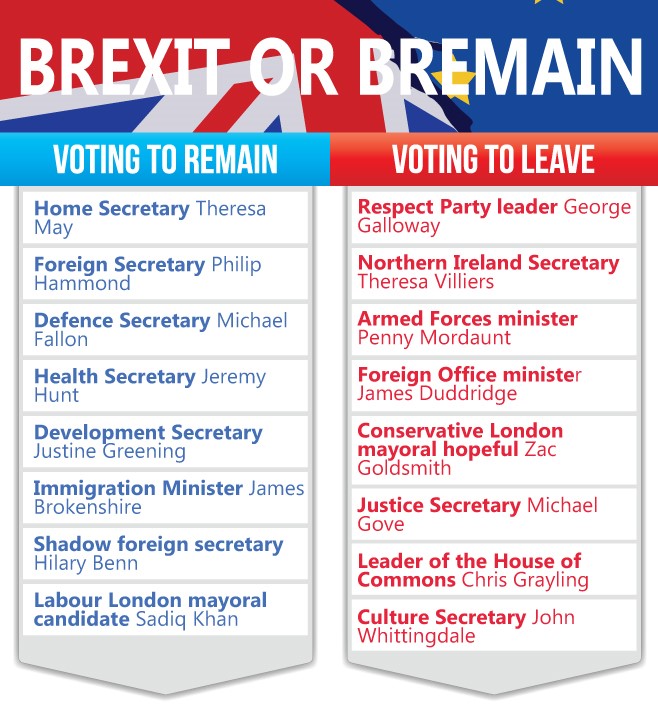
What are the key arguments?
As noted on bbc.co.uk:Benefits of remaining in the EU
• People in Britain save an average of £450 a year because prices are lower as a result of EU membership • Flights and mobile phone charges are among the goods and services that are cheaper • The EU ensures that imported goods meet European quality standards • Three million jobs in the UK are linked to trade with the EU • The EU has delivered guaranteed holiday pay, paid maternity leave, and increased protection in the workplace • The UK gets £66m investment every day from the EUBenefits of leaving the EU
• UK companies would be freed from the burden of EU regulation • Trade with EU countries would continue because we import more from them than we export to them • Britain would be able to negotiate its own trade deals with other countries • Consumer protection laws existed before the EU and would remain after Britain left • Less regulation in the workplace would create more jobs • The UK could get more investment from countries outside the EUDisadvantages of leaving the EU
• Brexit would cause an economic shock and growth would be slower • As a share of exports Britain is more dependent on the rest of the EU than they are on us • The UK would still have to apply EU rules to retain access to the single marketDisadvantages of staying in the EU
• EU red tape makes goods and services more expensive • The recent row over the “tampon tax” shows the EU has too much power, Britain should be able to set VAT rates itself • Lower migration would push wages up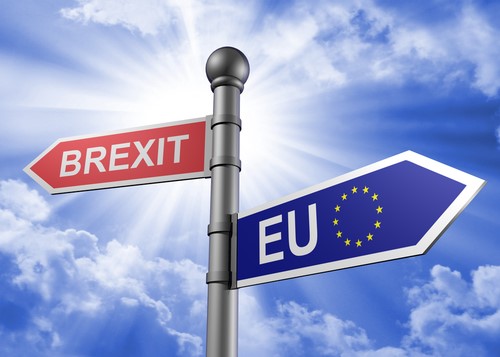
Image: Credit to Alterov / shutterstock.com
Feature Image: Credit to DW labs Incorporated / shutterstock.com